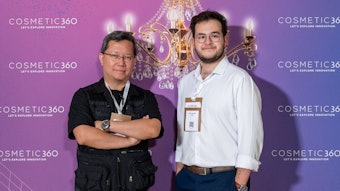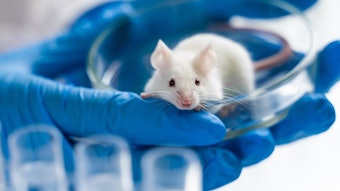Plant Advanced Technologies has developed a process to "milk" plants in order to obtain extracts without damaging the plants. The PAT Milking Technology produces active, natural compounds from root exudation of plants grown hydroponically.
The process, developed by researchers from the French National Institute for Agricultural Research (INRA) and the Institut National Polytechnique de Lorraine (INPL) (WO 01/33942 A1), involves: growing plants without soil, stimulation of active compounds contents with elicitation, exudation of roots with physical or chemical permeabilization and collection of compounds in a liquid solution. This process reportedly does not destroy the plants and they can be "milked" several times a year.
To produce the extracts, the molecules secreted in the liquid nutrient solution are trapped with a classic technology such as chromatography. Then ultra-filtration or crystallization are used and the result is concentrated as bulk extract. Further steps of separation and purification reportedly lead to pure molecules. This simple process was developed as an economical alternative to in vitro plant cell culture. The company notes that in one milking, the process may produce more than the amount harvested from the same number of crushed plants grown in soil.
According to the company, the process is specifically useful for high value metabolites from protected, endangered plants, from which natural metabolites are have been complicated to synthesize. The milking technology allows for the eco-friendly production of metabolites from protected plants with respect to the biodiversity.
The advantages of using the process include: preservation of plant growth; ability to harvest from protected, endangered, slow to grow species; improved yield and simplified purification of extracts (vs. biomass content); and ease and speed of scale-up (vs. in vitro culture). The process is contained in a greenhouse, so climate and geopolitical outsourcing problems are solved, also allowing the freedom to operate (vs. extraction patents).










